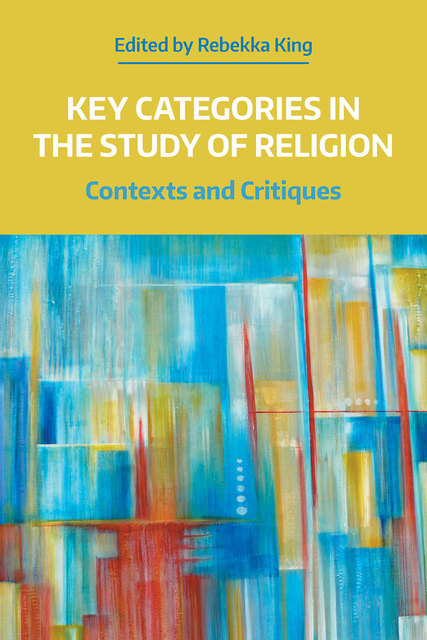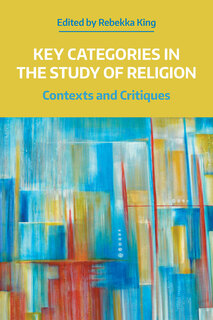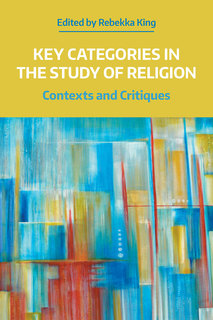Complete Collection
Encounters & Identities
Theory & Method
ACCESS
Authorized users can access the eBook using institutional credentials or personal password via the Read Online tab.
Selected chapters are included in other Collections (Judaism, New Religious Movements, South & East Asia) as designated; access via tabs.
Key Categories in the Study of Religion
Contexts and Critiques
Key Categories in the Study of Religion builds upon the groundwork laid by previous NAASR Working Papers titles in order to bring us full circle to the symbiotic relationship between context and critique. This volume assembles diverse sets of data to consider pertinent categories in which critique occurs. By looking at intentionally disparate case studies, the volume centers on four key contextual categories which stand at the heart of the academic study of religion: Citizenship and Politics, Class and Economy, Gender and Sexuality, and Race and Ethnicity. The contributors to this volume explore questions concerning how scholars construct such categories and/or critique scholars who do? Who decides how to approach the critical study of these topics? What impact does the context of a scholar’s research have on the means and method of a given critique? Using these enquiries as a starting point, Key Categories in the Study of Religion investigates the ways that method, theory, and data are mobilized via context as the primary impetus for critical analysis.
In doing so, this volume brings together diverse data domains to explore the similarities and differences that emerge when one theoretical framework moves from domain to domain. In the same way that scholars have argued against an essentialist understanding of “religion,” so too should the key categories of analysis upon which this volume focuses be employed within the matrix of their social, cultural, and ideological contexts.
Each section begins with an orienting essay that explores its category. These introductory chapters include: i) an analysis of the construction of categories in academic literature; ii) an argument either advocating or critiquing scholarship carried out in that vein; and iii) an exploration of its implications for the study of religion. Each chapter is followed by four responses authored by scholars intentionally selected to highlight diverse contexts: subjects, fields, and methods. They extend the orienting essay’s conclusions by offering novel analysis vis-à-vis their own scholarly expertise and subject matter. These chapters underscore instances of both congruence and difference to further refine our understanding of possible forms of critique relevant to each category.

ISBN-13 (Hardback) 9781781799659
Price (Hardback) £75.00 / $100.00
ISBN-13 (Paperback) 9781781799666
Price (Paperback) £29.95 / $35.00
ISBN (eBook) 9781781799673
Price (eBook) Individual £29.95 / $35.00
Institutional £75.00 / $100.00
Publication 26/07/2022
Pages 246
Size 234 x 156mm
Readership students and scholars
Illustration 4 black and white figures
Information
Author Information
- This text has 0 annotations
- This text has 0 highlights
Book Information
- This text has 0 annotations
- This text has 0 highlights
Metadata
- isbn9781781799673 (eBook)
9781781799659 (Hardback)
9781781799666 (Paperback) - publisherEquinox Publishing Ltd., 2022
- publisher placeSheffield (U.K.)
- rights holderEquinox Publishing Ltd.
- series titleNAASR Working Papers
- doi
We use cookies to analyze our traffic. Please decide if you are willing to accept cookies from our website. You can change this setting anytime in Privacy Settings.


